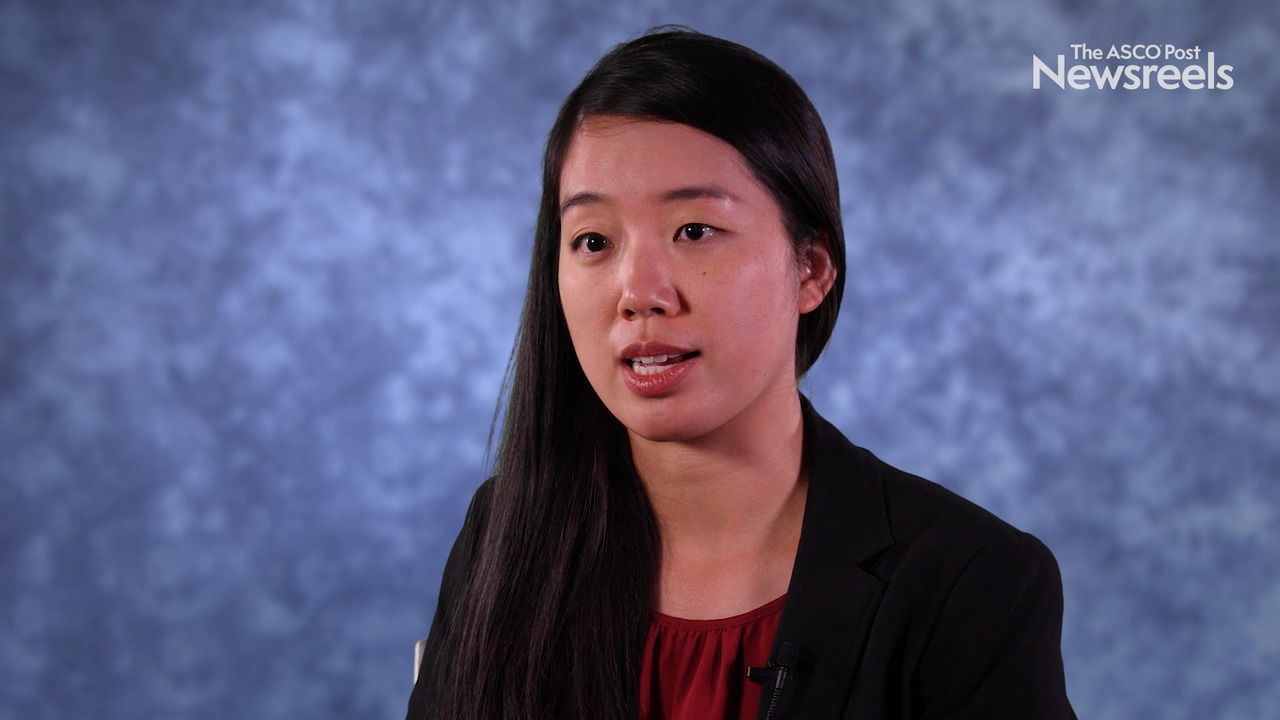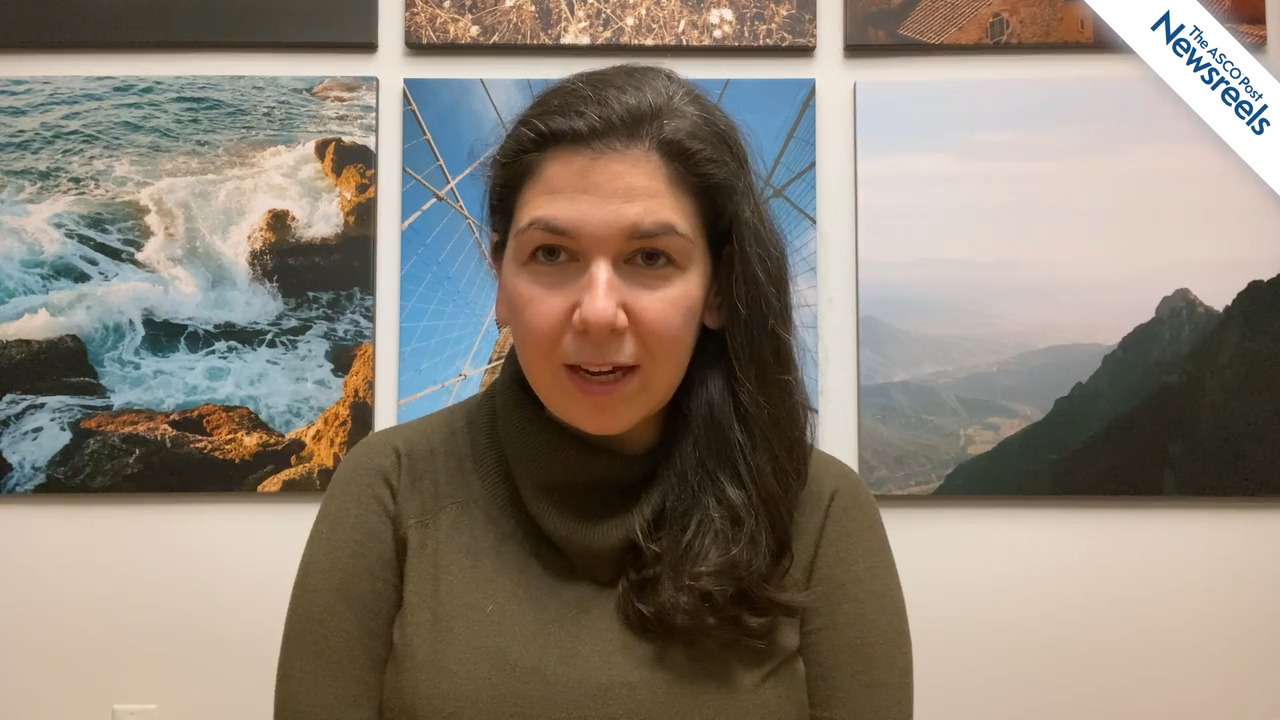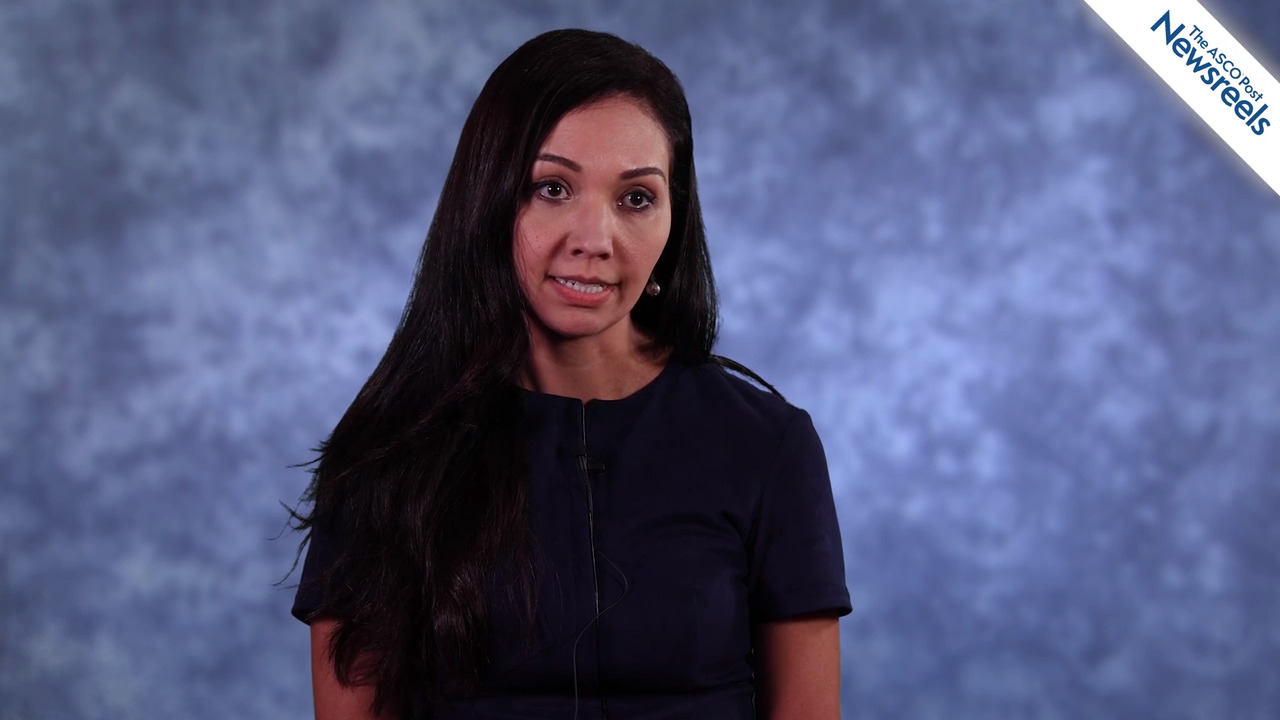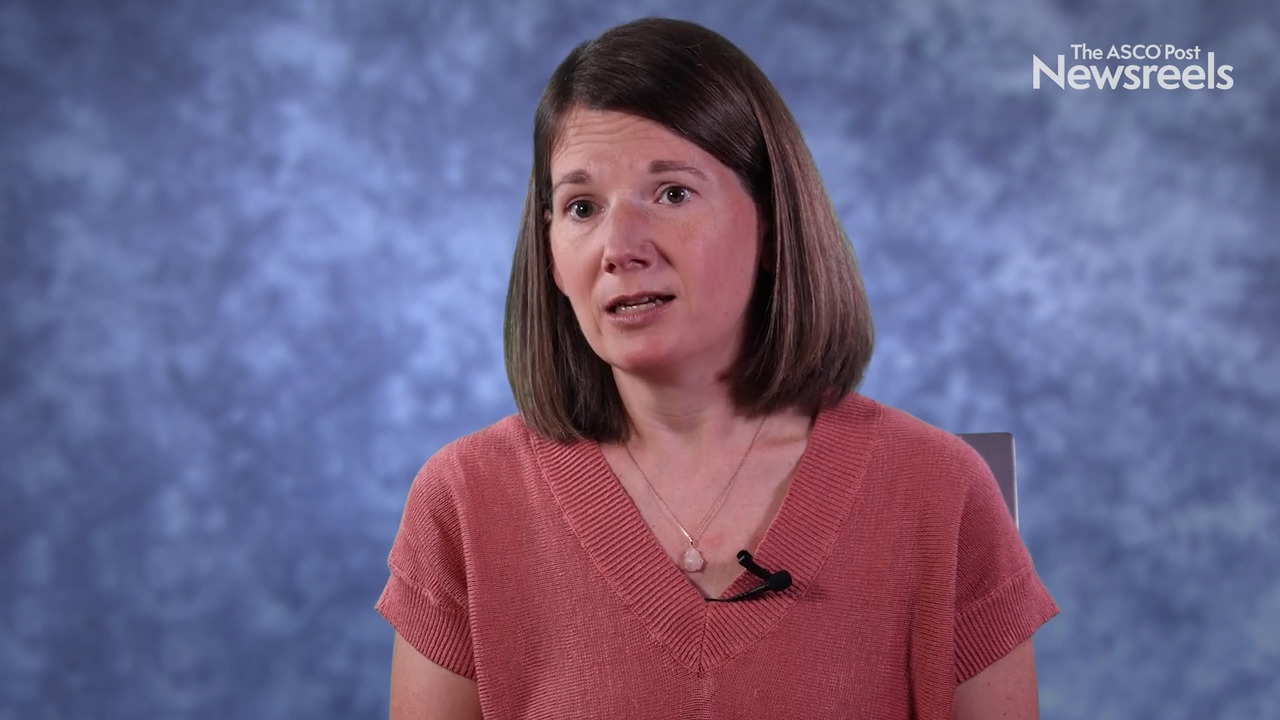John V. Cox, DO, MBA, on Reshaping Practice Models to Better Care for Patients With Cancer
2021 ASCO Quality Care Symposium
John V. Cox, DO, MBA, of The University of Texas Southwestern Medical Center, summarizes his Joseph V. Simone Lecture, in which he stressed the need for coordinated care among practices. The concept of oncology medical homes, he says, has evolved to a broader-based model in which oncologists cooperate with other practices to manage patients and their comorbidities with optimal outcomes. Professional organizations such as the American College of Physicians and ASCO can provide clinicians with the tools they need to engage in this future of health care.
The ASCO Post Staff
Divya Gupta, MD, of the Stanford Cancer Center, discusses an intervention utilizing a computer model and lay care coaches to improve advance care planning conversations with patients who have metastatic cancer. The study, Dr. Gupta reports, showed a trend toward less intensive care for patients at the end of life.
The ASCO Post Staff
Jenny Jing Xiang, MD, of Yale University School of Medicine, discusses a universal, standardized clinical trial prescreening protocol, which streamlined research recruitment and was associated with yearly increases in patient enrollment at the Veterans Administration (VA) Connecticut Cancer Center. The Center became the top-accruing VA site for National Cancer Institute–sponsored trials and was ranked in the top 10 enrolling sites nationally for VA and non-VA hospitals.
The ASCO Post Staff
Morgan R.L. Lichtenstein, MD, of Columbia University Medical Center, discusses a single-center prospective study examining the complex relationship between time to oral oncolytic receipt and clinical or process-related factors, such as prior authorization, diagnosis, and insurance type.
The ASCO Post Staff
Leticia Nogueira, PhD, MPH, of the American Cancer Society, discusses results from a study designed to evaluate the impact of Medicaid expansion under the Affordable Care Act (ACA). In Medicaid-expansion states, mortality among patients after lung cancer surgery decreased from 2.4% before the ACA to 0.8% after the ACA, with no significant change in non–Medicaid-expansion states.
The ASCO Post Staff
Katherine E. Reeder-Hayes, MD, MBA, of the University of North Carolina at Chapel Hill, discusses the timeliness of breast cancer care for Black women compared with non-Black women in North Carolina. Her data showed that greater geographic variation exists in the timeliness of breast cancer care for Black women, with regions surrounding larger urban centers having the largest disparities.





